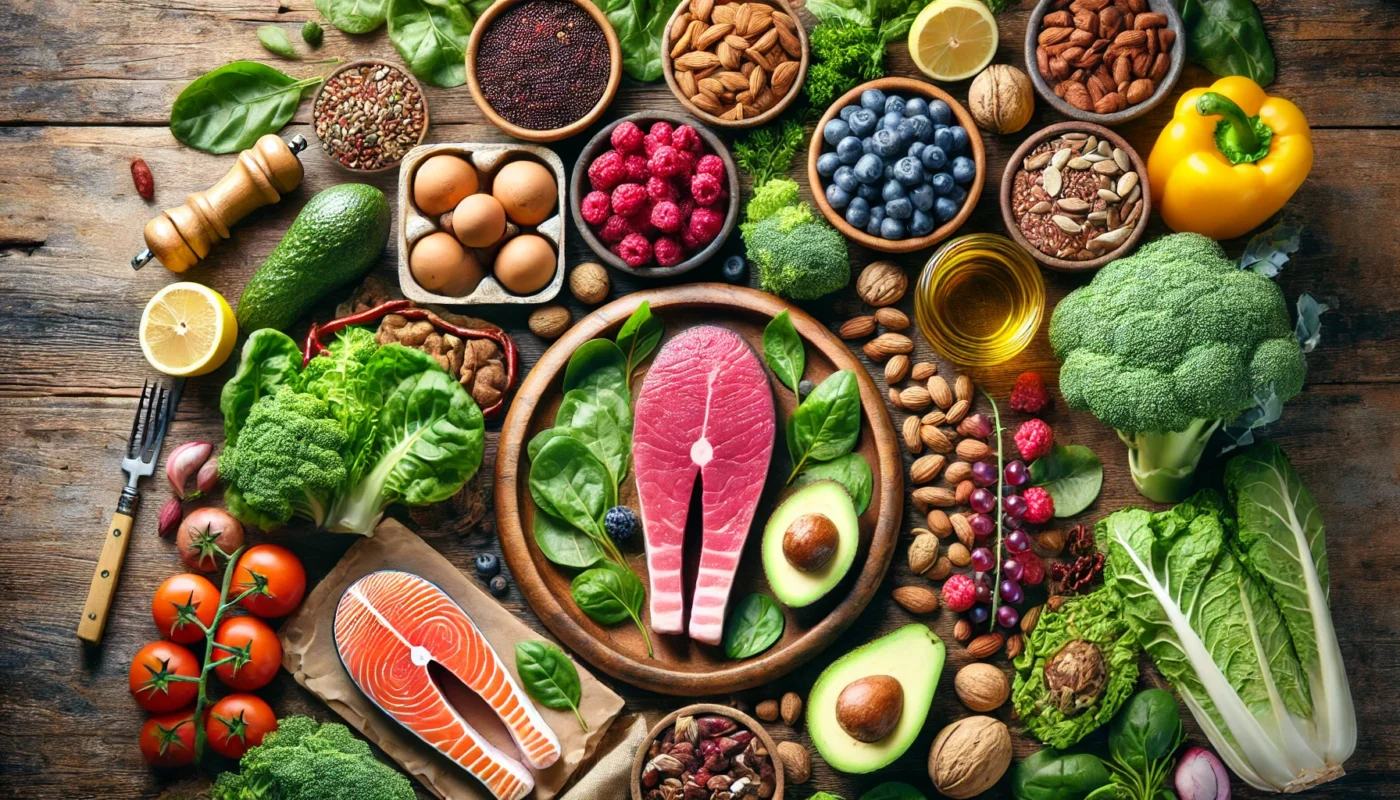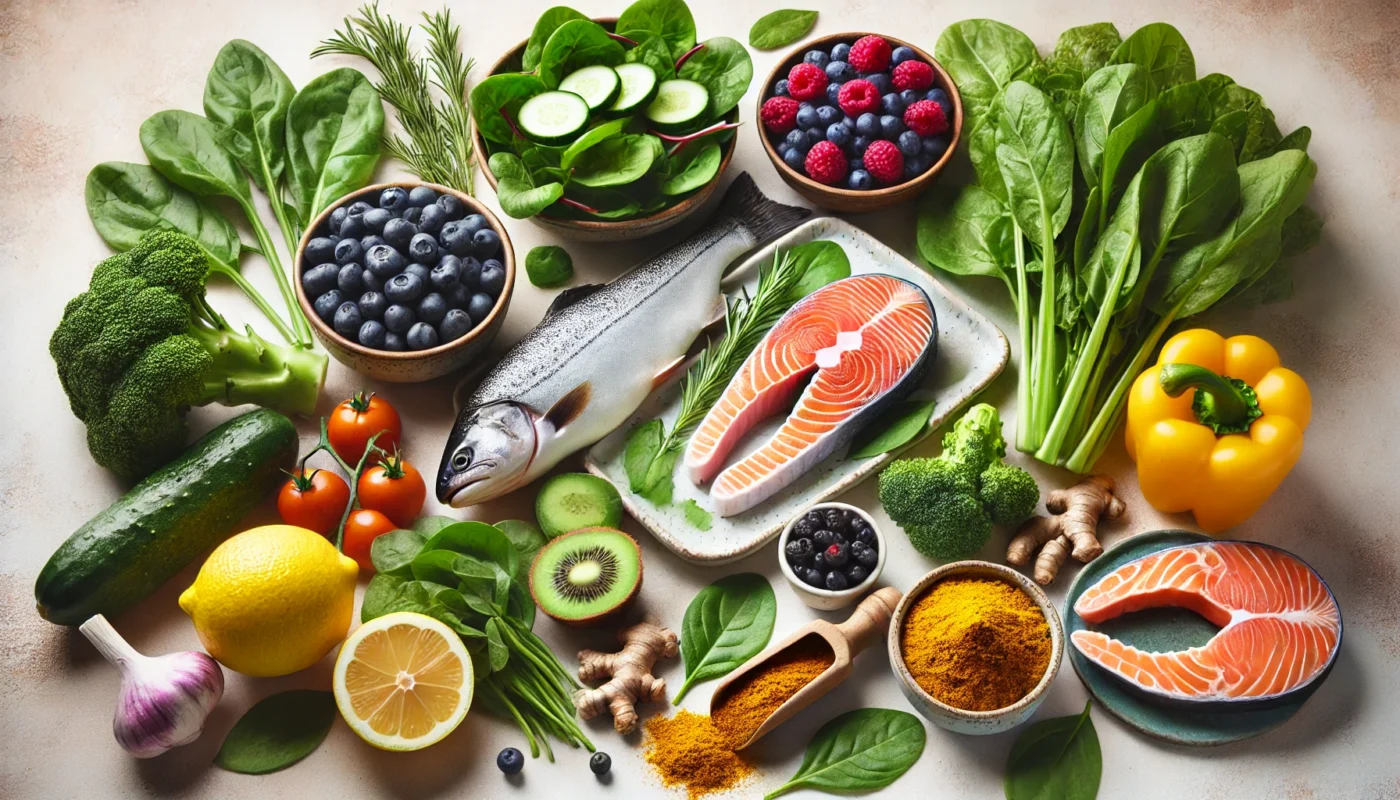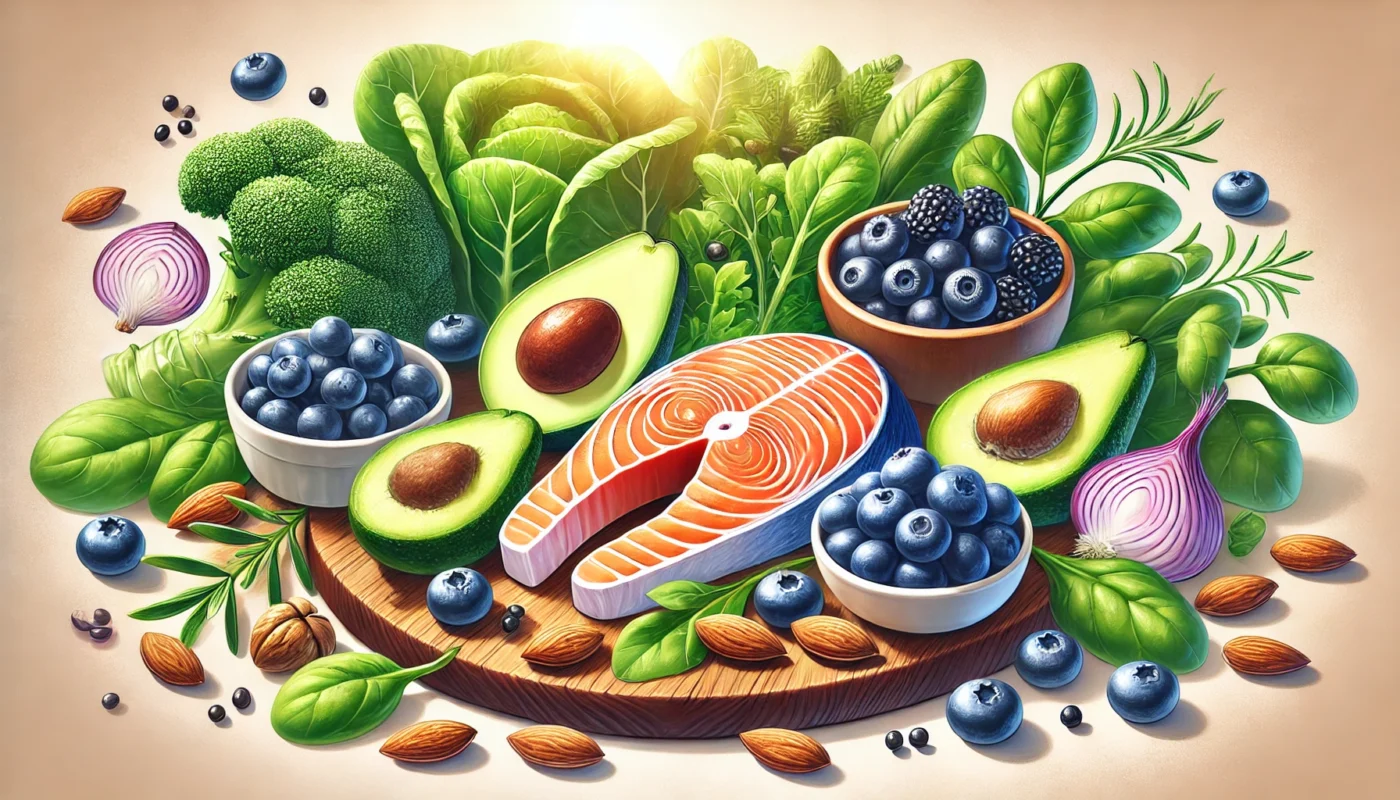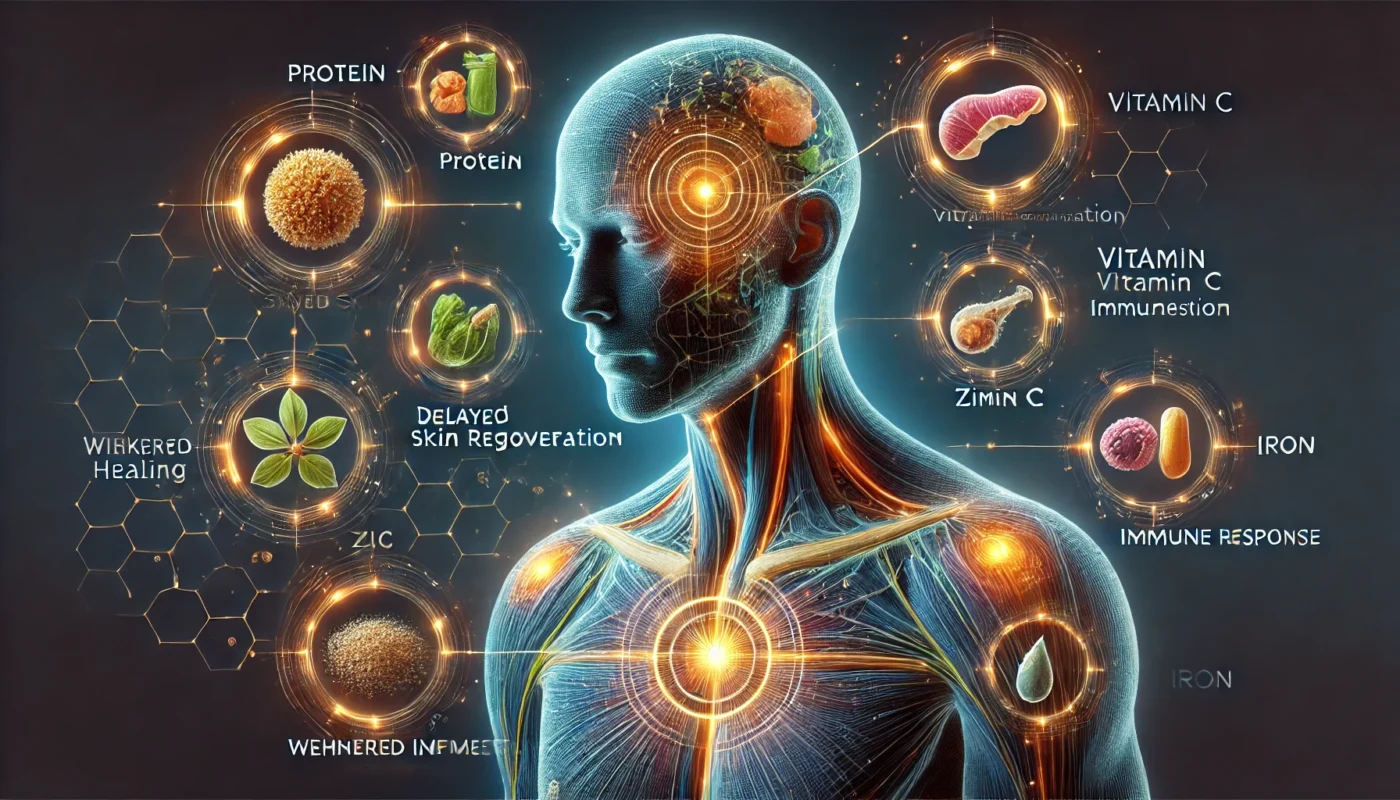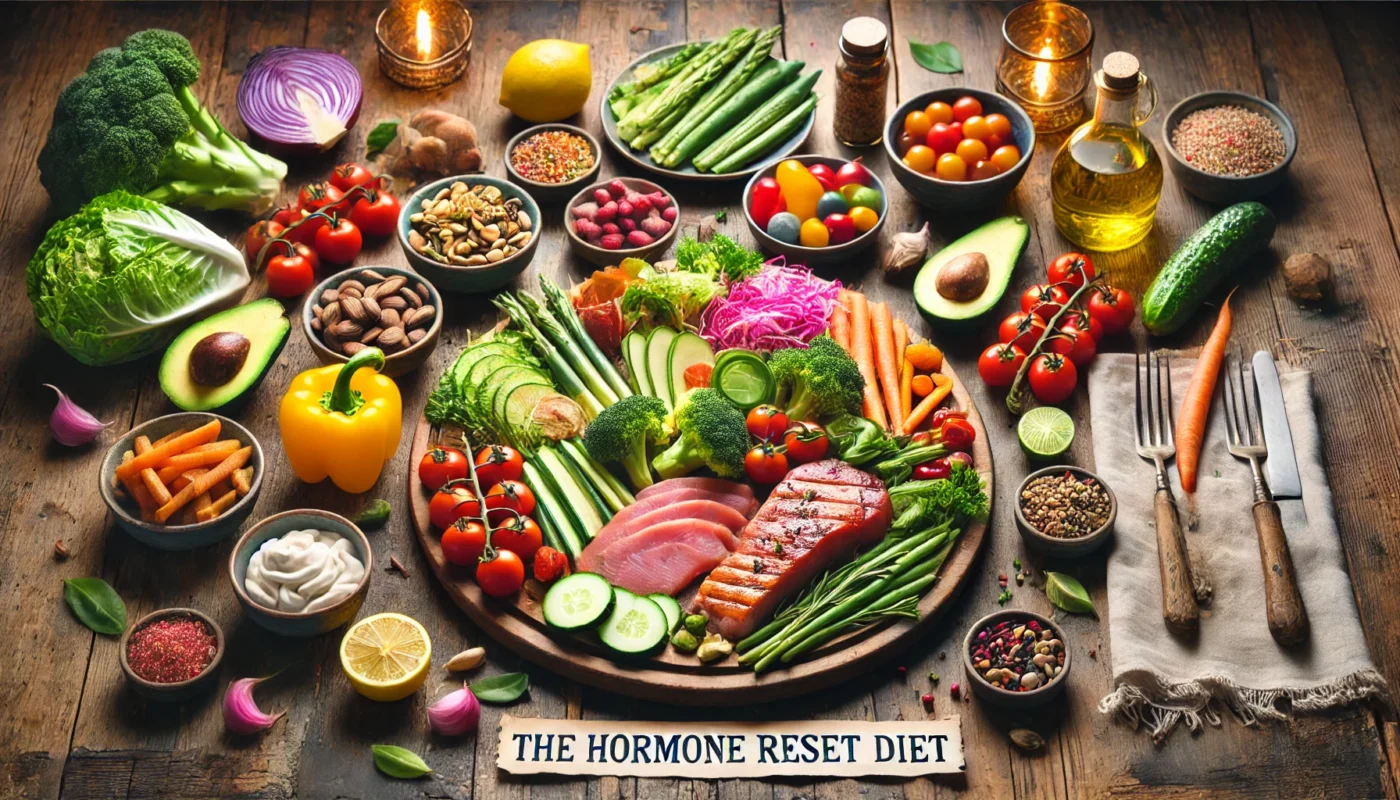Eating a diet rich in fruits and vegetables is one of the most effective ways to improve overall health and well-being. These natural, nutrient-dense foods provide essential vitamins, minerals, fiber, and antioxidants that support various bodily functions and protect against chronic diseases. Incorporating more fruits and vegetables into your daily meals can significantly impact your physical health, mental well-being, and long-term vitality. However, many individuals struggle with consuming the recommended daily intake due to various barriers such as taste preferences, convenience, and lack of knowledge about preparation methods. Understanding the benefits of these nutrient-rich foods and exploring practical strategies to incorporate them into daily meals can transform eating habits and promote long-term wellness.
Tag Archives: Nutrient-Dense Foods
Inflammation is the body’s natural response to injury or illness, acting as a defense mechanism to promote healing. However, chronic inflammation is a different story. It occurs when the inflammatory response persists over time, leading to potential damage and health complications.
The Paleo Diet, also known as the Paleolithic or “caveman” diet, is based on the notion of eating as our ancestors did during the Paleolithic era. The diet primarily includes lean meats, fish, fruits, vegetables, nuts, and seeds, while excluding processed foods, grains, legumes, and dairy. The emphasis is on consuming foods that are as close to their natural state as possible.
Colon inflammation, often associated with conditions like Crohn’s disease, ulcerative colitis, and IBS, involves the irritation and swelling of the colon lining. This can lead to symptoms such as abdominal pain, bloating, diarrhea, and fatigue. While medical treatments are essential, dietary interventions can play a significant role in managing these symptoms.
The skin, being the largest organ of the body, requires a diverse array of nutrients to maintain its structural integrity and functional properties. A balanced diet rich in specific vitamins, minerals, and antioxidants is crucial for skin health, influencing everything from elasticity to the skin’s natural glow.
Recovery from injuries, surgeries, or illnesses is a multifaceted journey that demands a holistic approach. While physical therapy and rest are often highlighted, nutrition plays a pivotal, yet frequently underestimated, role in the recovery process. Nutritional deficiencies can significantly hinder the body’s innate ability to heal and regenerate. This article explores how inadequate nutrition affects […]
MSG is a flavor enhancer derived from glutamic acid, a naturally occurring amino acid found in various foods like tomatoes and cheese. MSG imparts the umami taste, which is one of the five basic tastes alongside sweet, sour, bitter, and salty. It is commonly added to processed foods, fast foods, and Asian cuisine to enhance flavor.
Hormones are chemical messengers that regulate a multitude of bodily functions, including metabolism, mood, growth, and reproductive processes. When these hormones are out of balance, you may experience symptoms such as fatigue, weight gain, mood swings, and digestive issues. Understanding the root causes of hormonal imbalance is crucial to effectively addressing them.
When it comes to maintaining optimal health, the importance of a balanced diet cannot be overstated. Recent research underscores the significance of incorporating anti-inflammatory foods into our daily meals to combat chronic inflammation, a silent contributor to many health issues, including heart disease, diabetes, and arthritis. In this article, we’ll dive into nutrient-packed anti-inflammatory snacks that are not only delicious but also beneficial for your overall well-being.
In the quest for optimal health and wellbeing, super healthy foods have taken center stage. They are the stars of a nutritious diet, offering a wealth of benefits.
But what exactly are these superfoods?
They are nutrient-dense foods, packed with vitamins, minerals, and antioxidants. They are the foods that help us thrive, boosting our health and vitality.
Yet, understanding these superfoods can be a challenge. The science behind them can seem complex, and knowing how to incorporate them into our diets can be daunting.
This guide aims to demystify superfoods. We’ll delve into the science, explore the top 10 super healthy foods, and provide practical tips on how to include them in your meals.
Whether you’re a fitness enthusiast, a health enthusiast, or a medical patient, this guide is for you. It’s about empowering you to make informed dietary choices for improved wellbeing.
So, let’s embark on this journey of discovery. Let’s explore the world of super healthy foods and their incredible benefits.
- 1
- 2



